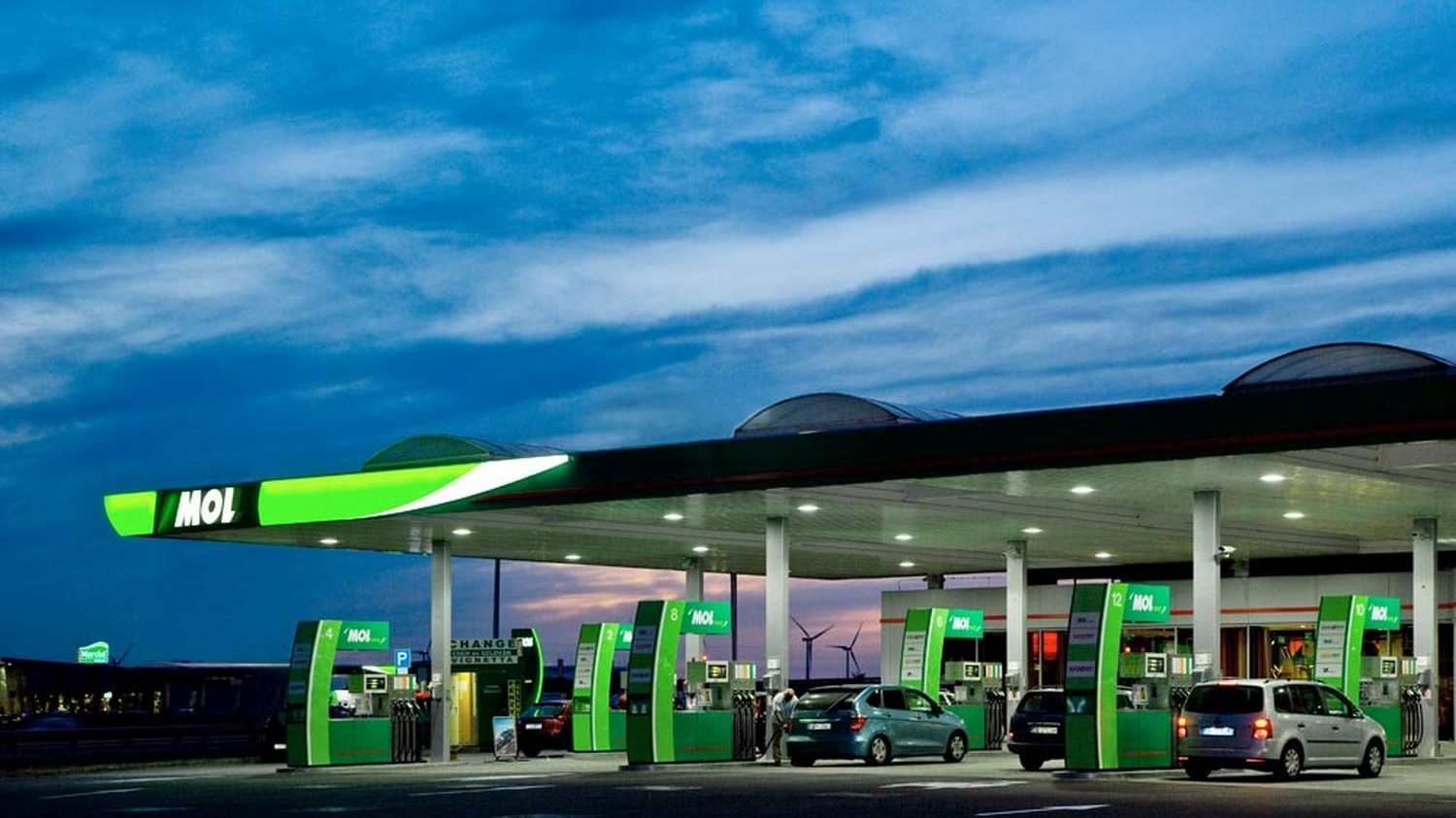Hungary has the highest gas prices in the region because both Ukraine and Croatia are charging excessive transit fees for crude oil transports via existing pipelines, Hungary’s largest oil and gas group MOL told business daily Világgazdaság in a strongly worded statement.
MOL said that it considers the behavior of its Ukrainian and Croatian partners as “abusive,” not only against Hungary, but also against the Czech Republic and Slovakia. They pointed out that these countries have a historic vulnerability, as their refineries are cut off from the sea and can only be supplied via transit countries, typically through the Trans Adriatic and Friendship pipelines.
“Increased transit prices are a challenge for fuel market players throughout the region,” MOL said. According to them, the fact that Croatian crude transport company Janaf, which operates part of the Adriatic pipeline, charges four to five times the fair market price, is particularly problematic because the MOL group is the only one able to source non-Russian oil on the Croatian section of the Adriatic pipeline along this route in order to comply with EU sanctions.
However, because the Croatians are dictating extreme prices, it has so far only been possible to conclude short-term contracts instead of a long-term contract that would guarantee security of supply.
The latter comment was presumably a reference to the fact that the agreement with Janaf is only valid until the end of 2023 and that the 2024 transit tariffs are still to be negotiated. If the circumstances do not change by then, the Croats will once again be able to exploit their total dominance, which does not bode well for fuel prices in Hungary.
“We know why fuel is so expensive — the Ukrainians and Croats are making a killing on the Hungarians, but gas stations also have their share of blame,” MOL argued. “Ukraine and Croatia are brutally overpricing their fees, and it is ultimately the consumers who pay the price at gas stations.”






